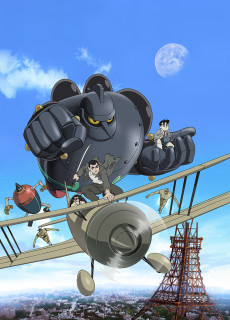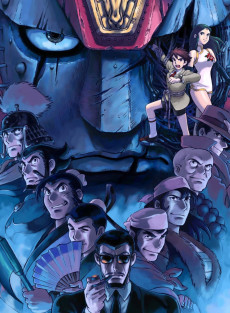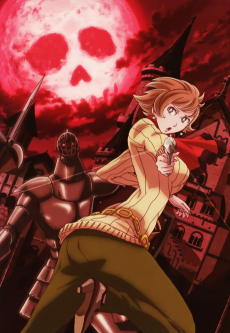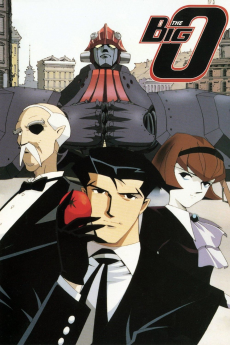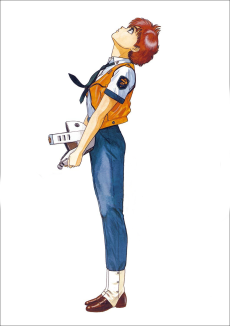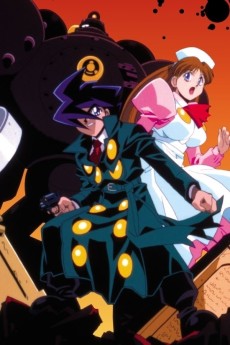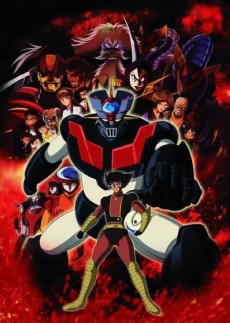TETSUJIN 28-GOU (2004)
STATUS
COMPLETE
EPISODES
26
RELEASE
September 30, 2004
LENGTH
25 min
DESCRIPTION
In post-WWII Japan, Prof. Shikishima has built up Shikishima Industries to be a technological powerhouse, working on developing robots. However, at the heart of their success lurks a dark secret from the war, something that cost the life of Prof. Kaneda, the mentor of Prof. Shikishima. Now Kaneda's son, Shoutarou, is about to learn the truth, and it will change him forever.
(Source: Anime News Network)
CAST
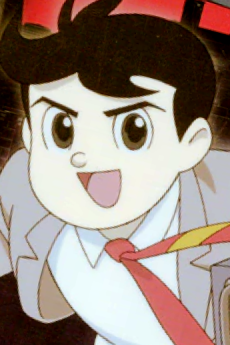
Shoutarou Kaneda
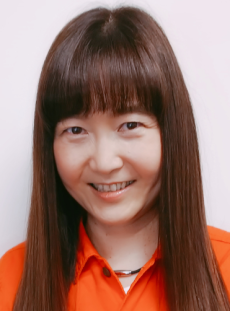
Motoko Kumai

Kenji Murasame
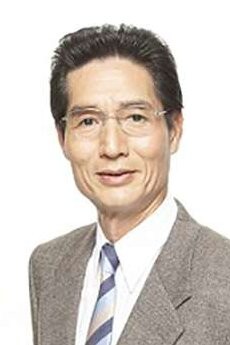
Yuji Mikimoto
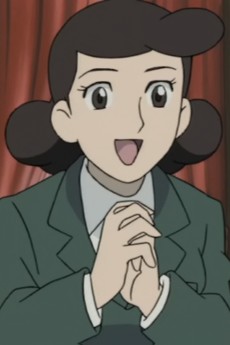
Ahiru Takamizawa

Rie Ishizuka
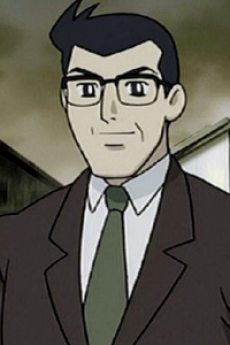
Shikishima Hakase
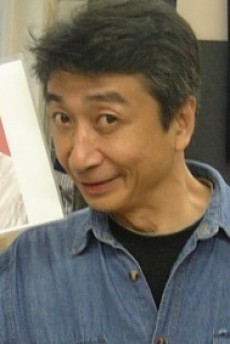
Shigeru Ushiyama
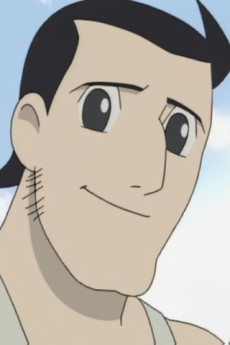
Ryuusaku Murasame
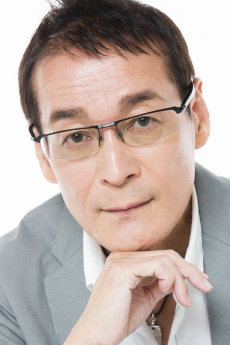
Norio Wakamoto
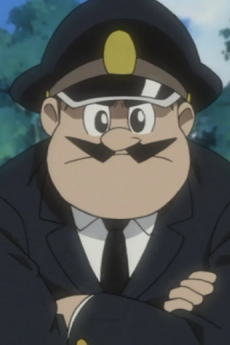
Ootsuka Shochou
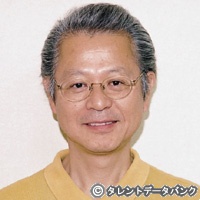
Minoru Inaba
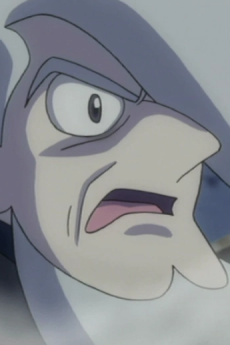
Shutain Franken
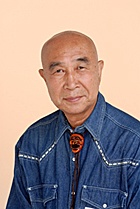
Taimei Suzuki
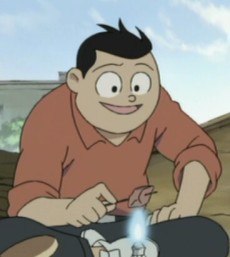
Tatsu Murasame
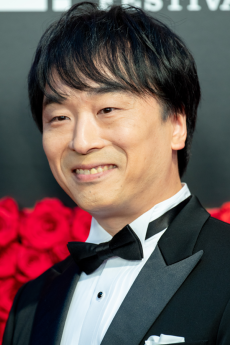
Tomokazu Seki
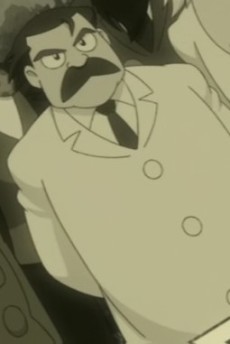
Kaneda Hakase
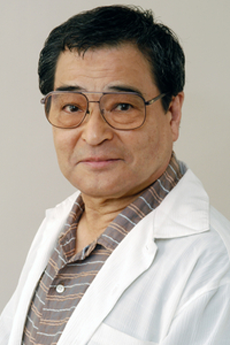
Shouzou Iizuka
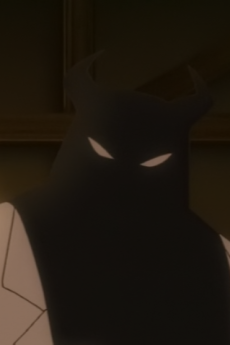
Dr. Black

Iemasa Kayumi
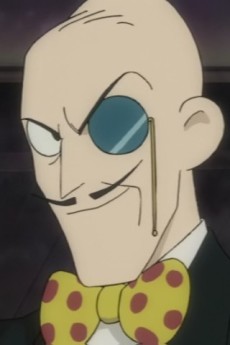
Dr. Bigfire
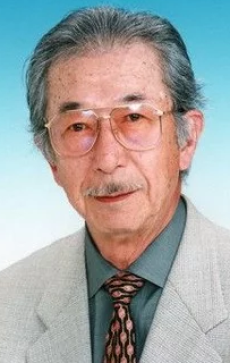
Tadashi Nakamura
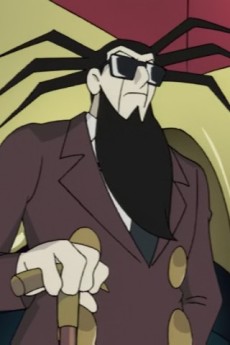
Dr. Dragnet
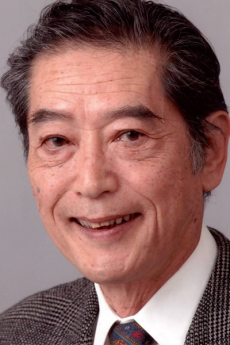
Kinryuu Arimoto
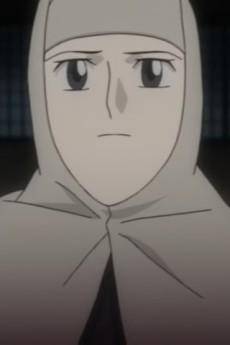
Ayako Umenokoji

Miyuki Ichijou
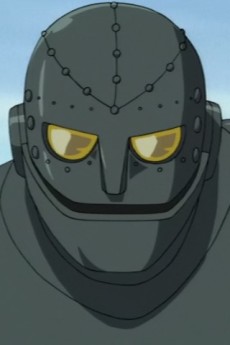
Superhuman Kelly
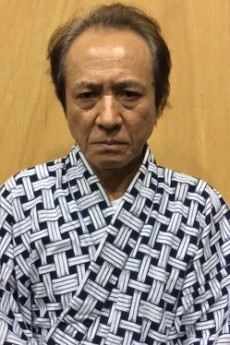
Yasuyoshi Hara
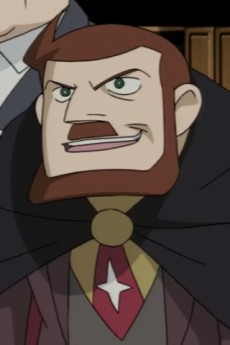
Velanade
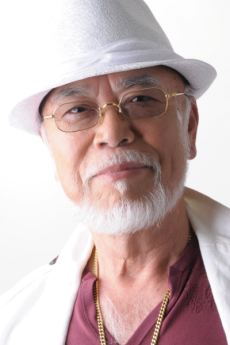
Kenji Utsumi
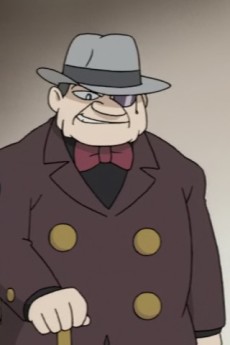
Thrill Suspense
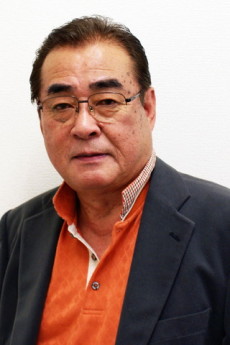
Yousuke Akimoto
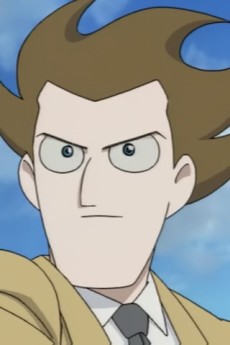
Chief Chloroform
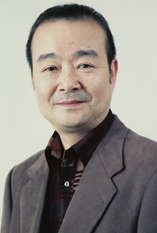
Tomomichi Nishimura
EPISODES
Dubbed
RELATED TO TETSUJIN 28-GOU (2004)
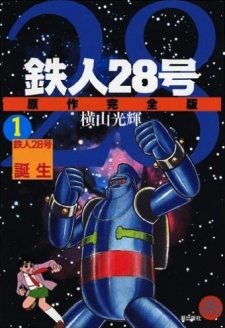 MANGA AdventureTetsujin 28-gou
MANGA AdventureTetsujin 28-gou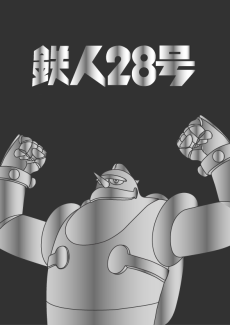 ANIME AdventureTetsujin 28-gou
ANIME AdventureTetsujin 28-gouREVIEWS

Reeyzinzkr
100/100The Father of MechasContinue on AniList
Sinopsys:
Dr.Kaneda was developing experimental giant robot warriors to fight the allies during the Second World War, but before his creations could see action, Allied bombs destroyed the facility and killed him. A decade later criminals discovered two of the surviving prototypes, #26 and 27 in the series, and used the remote controlled robots to commit a number of crimes. Young Shotaro Haneda, the twelve year old son of Dr.Haneda, did some investigating and discovered that the mob were hunting for the twenty-eighth robot in the series, rumoured to be the most powerful of them all. Racing the villains, Shotaro discovers the robot first, along with Dr.Shikashima, a colleague of his father's who was also believed killed by the Allied bombing. Together the two prevent Tetusjin-28 (the robot's official designation) from falling into the hands of the bad guys, and decide to dedicate him to peace rather than war.
Shotaro fought crime for a long time, supported by Dr.Shikashima, who would repair Tetsujin-28 when he was damaged, and by police officer Otsuka.

When talking about "Remake" nowadays the first thing that comes to mind is whether it will be faithful to the original material, although I did not watch the 1963 one, I think this Remake can be as good as the same. Tetsujin is undoubtedly one of the best wicks I have ever seen and not to mention that he is the father of wicks.
In addition to the references about the WWll / Cold War, I find it quite interesting that the fact that they explored the topic "artificial intelligence" made the story even more interesting, which is a branch of computer science research that seeks, through computational symbols, to build mechanisms and / or devices that simulate the human being's ability to think, solve problems, that is, to be intelligent. The study and development of this branch of research began in the Second World War. The main creators were the following scientists: Hebert Simon, Allen Newell, John McCarthy and several others, who with common goals had the intention of creating a "being" that simulated the life of the human being.

The A.I. study began in the 1950s with scientists Hebert Simon, Allen Newell, these were the pioneers when they created the first artificial intelligence laboratory at Carnegie Mellon University.
The first part brings us very simple arcs, but the general work is directed to larger arcs that are explored in much more detail in the second half. As stated earlier, the series is very similar to the film noir - with Shotaro playing the role of the private detective character. The second half of the anime is sensational, the plots are very well written and the way in which they are clarified is very good. Tetsujin's most important point is undoubtedly the cast, which is very good, the characters are charismatic and make the viewer more captivated to carefully follow every detail that the anime proposes. The soundtrack composed by Akira Senju is sensational!

Animation: Well, I'm not that demanding when it comes to animation, but I think the most important thing about how the story is executed and Tetsujin's is perfect. Director Yasuhiro Imagawa's work is impeccable, even without watching the old series it is clear to see how he manages to keep all the essence of the 1963 series.
I literally recommend and I think all mecha lovers should take a look at this masterpiece called Tetsujin 28!

UsoEbbing
80/100Imagawa's tragedy with robotsContinue on AniListConsider giving some time to the enigmatic Yasuhiro Imagawa's follow-up to his direction on the landmark OVA Giant Robo - The Day the Earth Stood Still. The underrated Tetsujin 28-go (2004). Tetsujin is the middle child between the grand Giant Robo and the more divisive Shin Mazinger Z. Not having the resources or energy to match Giant Robo or the rough, Go Nagai fueled insanity of Shin Mazinger Z, it falls back on Imagawa’s strength for storytelling that made his writing respected throughout his career.
This is a reimagining of the great Mitsuteru Yokoyama's groundbreaking manga and the anime adaptation that came to the West under the name Gigantor that codified the idea of giant robots in Japanese pop culture. It's anchored by its interpretation of the original child detective whiz kid Shotaro Kaneda. This Shotaro is a genius detective, marksman, better than the average driver of his care, martial artist, and whatever else you’d need a child private eye do. Imagawa's touch from how he challenges Shotaro's wits as a detective and his still undeveloped ideals. He's forced to grapple with the moral failures of his allies made in the name of winning the war and his responsibility for the massive Tetsujin's potential to become a destructive weapon in the wrong hands.
Tetsujin’s setting is a Post-war Japan that’s barreling towards its bright future through the powers of science and industry, but the war‘s aftershocks continue. The titular robot is the most obvious leftover from the desperate insanity that the war brought even the best of people to do. Shotaro is then confronted with a series of tragic and depraved individuals facing the consequences of their actions or manipulating the mistakes left behind for their nefarious benefit.
There’s more to Tetsujin than melancholy and war crimes. Akira Senju whose resume includes anything from Fullmetal Alchemist Brotherhood to the Japanese adaptation of The Magic Treehouse. His music evokes the optimism of the recovering Japan as well as the might of the titular robot. Senju's renditions of the OP and ED are arguably the definitive versions of those tracks
What will endear anyone to this anime are Takashi Nakamura's (who coincidentally adapted Akira's Shotaro Kaneda and other characters) designs. The cartoon charm that Yokoyama’s manga characters remain fully intact and even the robots have that early manga aesthetic.
The combination of all these creates an ambitious show that’s willing to take chances, even with the limitations of the budget. There are some minor blemishes (occasionally "economic" animation) and a weaker set of episodes after the show peaks around the late teens, none of it is enough to spoil the experience. It's a show that any fan of animation can find something to appreciate if they're willing to give it the time.
Check it out here on Crunchyroll subbed or dubbed.
Please, ignore the movie for your own good.

MayIsHere
90/100Giant Robots as Natural PhenomenaContinue on AniListI've always been interested in the aftermath, what happens after the heroes win? And after the villains lose? I can never shake off the thought after finishing a Manichean narrative, maybe triumph just doesn't do it for me anymore.
Alternatively, I found Tetsujin-28 deserving of praise for being one of the few mecha series to boldly depict a post-war story where the war actually happened and concluded at the beginning of the narrative. I would recommend it to any viewer interested in war fiction and giant robots, but I was more so compelled by Imagawa Yasuhiro's take on the classical nature versus technology dichotomy, a nuanced portrayal of nature's omnipresence juxtaposed with the technological death & rebirth of a nation. And interestingly, how the show opts to combine those two forces, instead of pitting them against each other.
I'm sure we are all somewhat familiar with Imperial Japan's publicized history during the second world war. Biomechanical weapons, human experimentation, chemical weapons, the works. They probably also attempted to invent a giant robot? Don't ask me for a citation. Similarly in the show, The Tetsujin is a bygone invention of the war era, a once novel ambition is now a retrofuturist relic of a time Japan desperately wants to forget. The robot is controlled by a small remote device, Shotaro tries his hardest to reign it in but often loses grip when faced with adversaries chasing after it. When Tetsujin is manipulated by external forces it often becomes a beast of nature, resembling an ecological disaster more so than a machine. I read this as an expression of similitude between industrial and natural forces; specifically their indifference to humanity, and concurrent utility. They have no truck with morality, righteousness, empathy, etc. This seems frightening at the outset, living in a state of constant hostility and fortuitous disaster, but the show seems more enamored by it than anything. It's also not necessarily unique to Tetsujin, Imagawa often depicts machines as capable of going both ways: to be God or the Devil (Giant Robo, Mobile Fighter G Gundam, Shin Mazinger Z Shogeki Hen, and Getter Robo Armageddon).
This is a delicious conceit in the context of post-war disarmament. How are monstrous military inventions utilized for reconstruction? The expected reaction is to be appalled (and maybe slightly fascinated) by the chilling ingenuity of scientific minds, though Imagawa proposes that Tetsujin and the many other "tools" in the show can be exercised for the good of the nation, and the good of mankind's development cycle. Arguably this philosophy stands at the opposite end of Japan's political attempts at concealing its bloody history during the war. For decades, subsequent governments have been moving away from raising any apology directed at their transgressions during the time, let alone any mention of technology from the era. Moreover, it clashes with the ever-present adage Shikata ga Nai. Tetsujin-28 rejects this, it tells us there is something that can be helped, regardless of how many times we self-destruct.

SIMILAR ANIMES YOU MAY LIKE
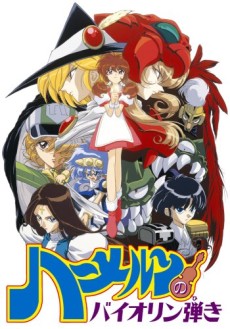 ANIME AdventureHamelin no Violin Hiki
ANIME AdventureHamelin no Violin Hiki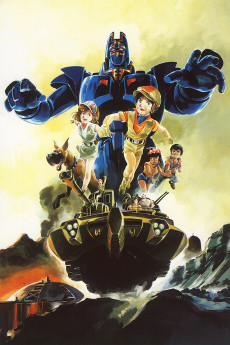 ANIME AdventureGiant Gorg
ANIME AdventureGiant Gorg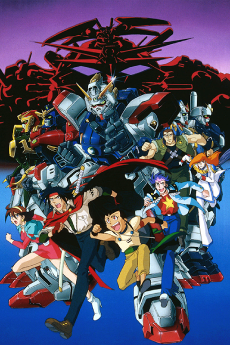 ANIME ActionKidou Butouden G Gundam
ANIME ActionKidou Butouden G Gundam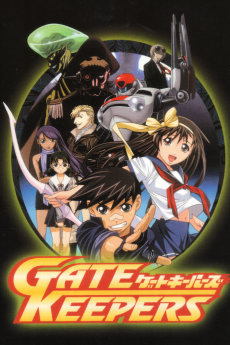 ANIME ActionGate Keepers
ANIME ActionGate Keepers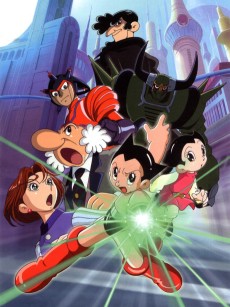 ANIME ActionAstro Boy Tetsuwan Atom
ANIME ActionAstro Boy Tetsuwan Atom OVA AdventureKishin Heidan
OVA AdventureKishin Heidan
SCORE
- (3.6/5)
MORE INFO
Ended inSeptember 30, 2004
Main Studio Palm Studio
Favorited by 71 Users


